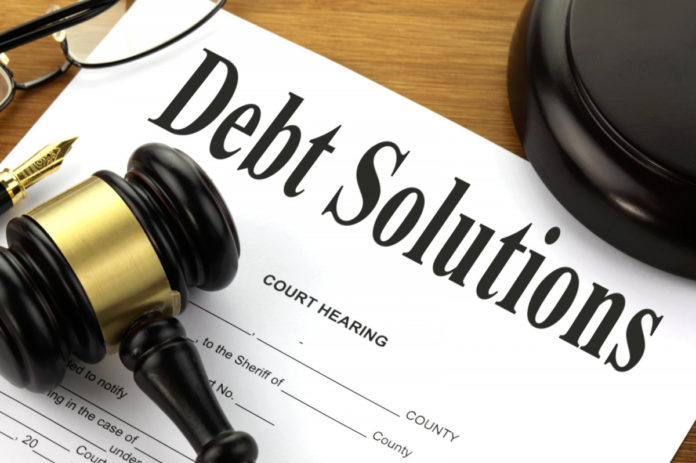When you loan people your money, especially family and friends, they can let you down by not paying back their debt and, often, completely avoiding you as a consequence. In this article, we give you tips on how to deal with the situation.
Having everything on record
Before you lend money to your family member or friend, create a contract or promissory note. The contract or promissory note should specify the amount borrowed, any agreed interest you will be charging and the repayment terms. That way you’ll know where you stand and if your family member or friend ever refuses to pay you back, you have a legally binding document to use as evidence.
Always keep a record – from SMSes, WhatsApp conversations, telephone recordings, payment agreements, email conversations and letters of demands because people are not always trustworthy, and this will also help you when you decide to take the legal route.
Also, try to transfer the money electronically so that you have evidence should the person refuse to repay you.
Asking for the money
If the person who owes you money is late on a payment, first remind them politely and ensure that your request is in writing, either by email, SMSes, WhatsApp conversations or in a written letter. Although you may be irritated or angry, it always helps to be polite and respectful in your tone and manner so that you don’t upset them. Perhaps your debtor has a legitimate reason for not paying you back and it will help both parties if you can get to the bottom of this.
If none of these strategies work, then it might be time to approach the Small Claims Court or use a professional debt collector.
Small Claims Court
Small Claims Court offers a quicker and easier way of resolving certain civil disputes. You do not need a lawyer to represent you at a small claims court. All official languages may be used and if you are a minor (i.e. under 18) you will need to be represented by an adult.
Here’s a Small Claims Court step by step guide from The Department of Justice and Constitutional Development (the doj and cd):
- Contact the person whom you have a dispute with in person, in writing or telephonically and ask them to settle your claim (the current limit is R20 000).
- If the person who owes you money refuses to pay, they should then be sent a letter of demand which indicates all the facts and the specific amount you are claiming. The letter must be delivered in person or by registered mail (the Post Office can assist). Once the person receives the letter, they are given 14 days within which to settle your claim.
- If the person owing your money has not paid the claim in 14 days, go to the small claims court at your nearest Magistrate’s Court with:
- a copy of the letter of demand.
- any contract or agreement between you and the person which proves the claim.
- a post slip or any other document which proves that the letter of demand was handed to the person.
- The person’s personal and contact details.
The clerk of the court will prepare a summons which will force the person to come to court at the set date. The summons can be delivered by you or the sheriff of the court. Please always remember the date and time when your case will be heard and be there to state your case.
- On the day of the court hearing, you must bring proof that the summons was delivered to the person you are claiming from. The court procedure is informal and not complicated. You will be expected to tell your story and answer questions from the commissioner of the Small Claims Court.
- If judgment is given in your favour, the person must pay the money immediately and will be issued a receipt. When/if they are not able to pay, the court will investigate their financial position and determine a payment plan.
- If the person does not settle the dispute as agreed, the matter will be referred to the magistrate’s court, for execution processes.
For more information you can contact your nearest magistrate’s court.
Professional debt collector
If going to court is going to be too much of a hassle, you can request a debt collection agency to collect the money on your behalf. Getting a professional debt collector on board increases your odds of getting paid, mostly because they’re more persistent than you would be. Debt collectors also have tools that you don’t have at your disposal, like third-party sources that give them access to information about the person who owes you money.
The disadvantages of using debt collection agencies is that you’re charged a fee and they can charge up to 50% of payment for their services.
DISCLAIMER
The views expressed in this article do not constitute legal advice and is merely for informational purposes.









